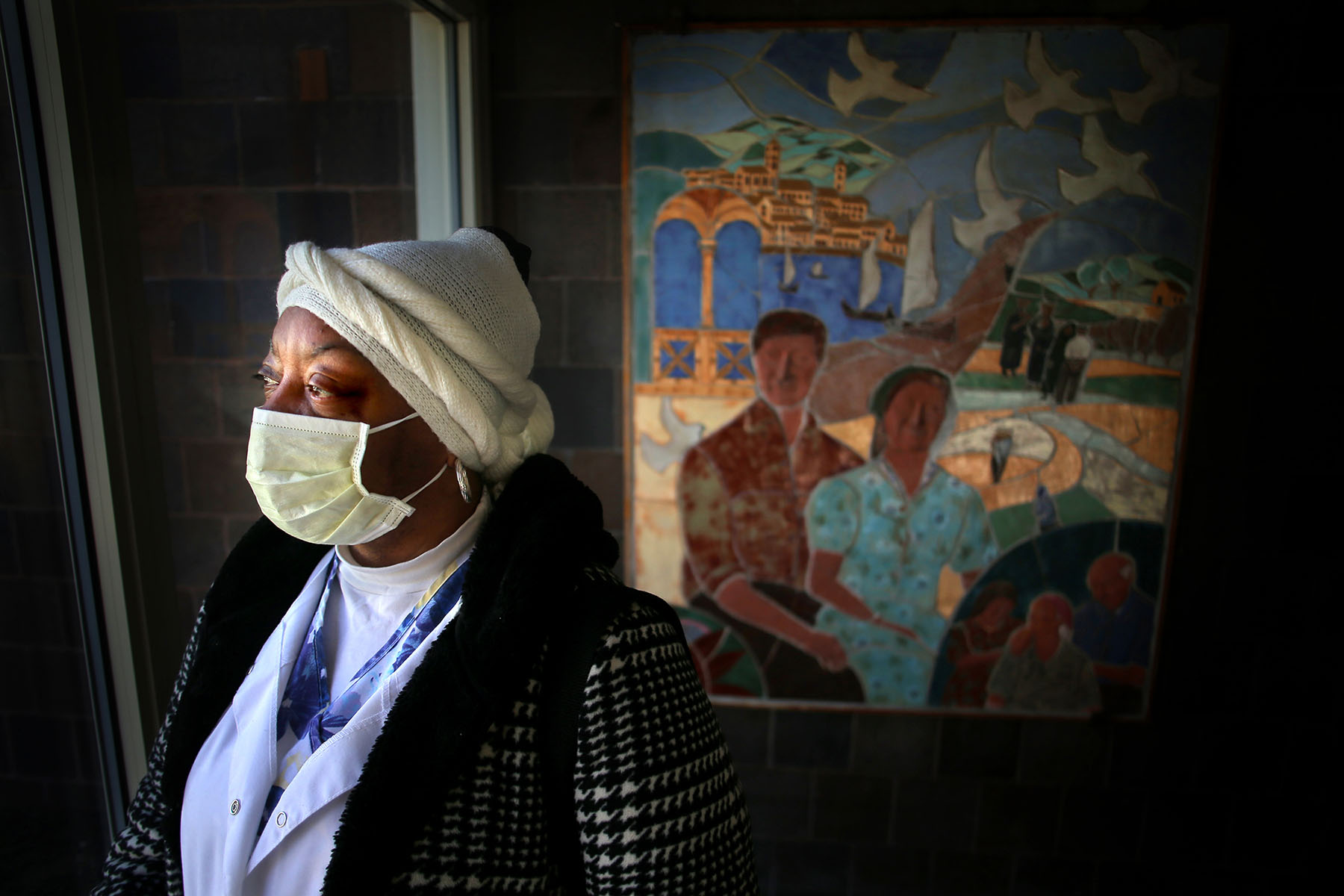Your trusted source for contextualizing caregiving news. Sign up for our daily newsletter.
For the first time, the Department of Labor has published sample agreements for domestic workers. These agreements would help specifically delineate the responsibilities of the workers, mostly women of color, who clean homes and care for children, older adults and people with disabilities.
The sample agreements are one part of a sweeping set of executive orders around caregiving President Joe Biden signed in April and have long been sought by domestic workers and their advocates. The Department of Labor’s website has three separate sample agreements: one for house cleaners, one for home care workers and one for nannies.
The agreements are not legally binding in the same sense that employment contracts are. There is also no requirement that employers use them — that would require legislation. But they are a step toward increasing the power of domestic workers to advocate for themselves.
“These sample workforce agreements for domestic workers were a major pillar of that executive order. They are the Department of Labor’s significant deliverable,” said Wendy Chun-Hoon, the director of the Department of Labor Women’s Bureau, an agency tasked with improving conditions for women at work.
Work on the sample agreements began about four months before the executive order, according to Chun-Hoon, and the order helped empower the federal government to get the project done.
“The executive order helped to codify and quicken action,” Chun-Hoon said.
Chun-Hoon first became aware of domestic worker agreements when she had her first child and started looking for a nanny. She lives in Montgomery County, Maryland, which in 2008 became the first place in the United States to require contracts between domestic workers and their employers. She realized she didn’t know how to write a contract or agreement. She hadn’t hired anyone for that kind of work before.
Chun-Hoon used a sample agreement to form the basis of the contact with her nanny. The document made the process easier and defined expectations for both her and her prospective nanny.
“A local nonprofit had a sample agreement that was easily downloadable for me as a brand new employer and a mom, trusting someone with our newborn in our home,” she said.
Since then, sample agreements have spread to a number of cities and states, either provided by local or state governments or by local nonprofit organizations. This is the first time the federal government has published sample language or encouraged their use.
“There’s not a whole lot established in policy at the federal level. Some states and cities have taken action to really establish a greater articulation of what the employer-employee relationship is and what’s required. But on the whole there has been a gap, in terms of tools and supports. So this is really meeting that gap,” Chun-Hoon said.
The agreement was announced at CareFest, a convening of business, celebrity and movement leaders in the caregiving space. The event took place in Los Angeles and was organized by Caring Across Generations, an organization that advocates for improved caregiving policy in the United States.
Nicole Jorwic is chief of advocacy and campaigns for Caring Across Generations. She praised the move, noting that while there have been many efforts at the state and local levels, a national sample agreement was especially meaningful.
“The fact that it’s coming at the national, federal level, from the Department of Labor is real recognition of the value of this work,” Jorwic told The 19th.
While the agreements may seem like a small step, they are a big victory for workers and families, according to Haeyoung Yoon, senior director of policy and advocacy at the National Domestic Workers Alliance, an organization that advocates to improve labor conditions for domestic workers.
“It’s huge. It’s something that our workers and our movement have been calling on the administration to do. The fact that it was included in the executive order President Biden signed in April was huge. The fact that the Department of Labor has now published [the sample agreements] is huge,” Yoon said.
Sample agreements and contracts have long been a priority for organizers in the domestic worker space, but according to Yoon, the COVID-19 pandemic really highlighted the need for many workers.
“During the pandemic, we heard from workers constantly that they really wanted some kind of a written agreement that would help them to talk to their employers about the terms and responsibilities of their increasing workload, to ensure that they can negotiate and bargain for better — for fair wages for the labor that they were providing, and be clear about what their responsibilities ought to be,” Yoon said.
Over the next few weeks, the Women’s Bureau aims to expand on the agreements by providing text in multiple languages, starting with Spanish. About a third of domestic workers are immigrants, according to the Economic Policy Institute, a left-leaning think tank that analyzes the impact of economic policy.
“We’re going to be updating that website with a lot more information in the coming weeks, including making sure that these documents get translated into different languages, because domestic workers speak a lot of different languages. We want to make it really accessible,” Chun-Hoon said.
Adriana Barrera, a house cleaner, presented her experiences to the Department of Labor with other National Domestic Workers Alliance members last month, as part of the process to produce the sample agreements.
“Representing house cleaners, I recounted past injustices such as wage theft and excessive work without rest — a reality that is now acknowledged in the Department of Labor’s sample agreements. It is a profound honor to have my experience and voice reflected in these contracts,” Barrera told The 19th through an interpreter.
Barrera speaks Spanish. She has spent a decade working either with contracts that were not in her native language and were therefore difficult to understand, or without any contract or agreement at all. Having her insights included in the sample agreements process has bolstered her confidence, she said.
“I have shared this information with every domestic worker I’ve met, encouraging them to assert their rights,” she said. “There’s still much to do in holding employers accountable, but we now have a foundation from which to demand our rights and secure fair treatment. For immigrants, who often bear the brunt of exploitation and fear retaliation, this progress is vital.”







